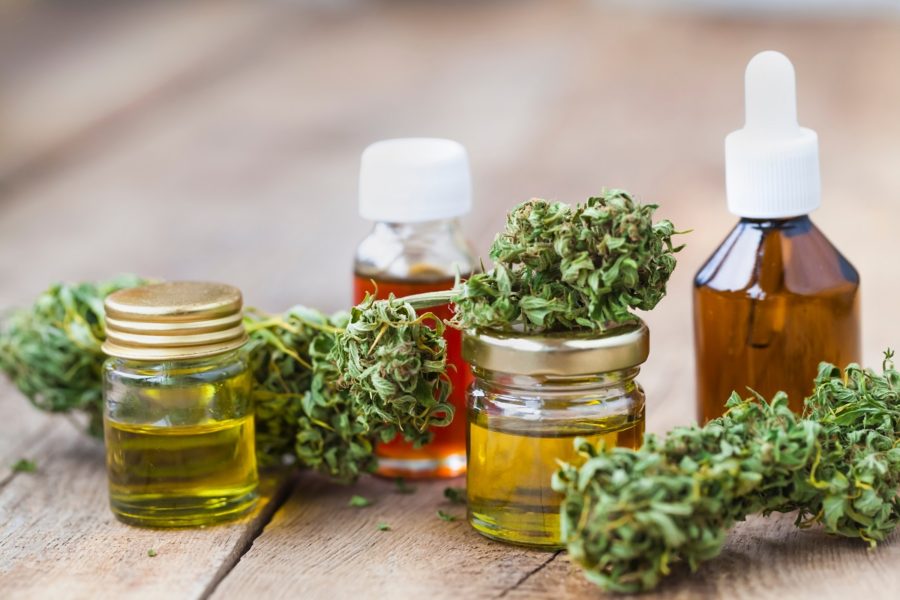
Medical cannabis is typically used to treat pain symptoms. Using cannabidiol or CBD—the non-hallucinogenic extract of the hemp plant—can be helpful to patients suffering froom insomnia and anxiety, as well. But more and more researchers and scientists point out that it may also be beneficial to children in the autism spectrum. Children living with autism spectrum disorder (ASD) suffer depending on where they are in the spectrum. Some have challenges in socialization, others develop tics or have difficulty expressing themselves verbally. As more and more children are diagnosed with the said developmental disorder, medical marijuana is often touted as an effective treatment to the said issue. But just how effective is this green panacea for such conditions?
Treating Autism with Cannabis
Only one cannabis-based drug has been approved by the Food and Drug Administration (FDA), and it’s used to treat epilepsy. ASD has no known cure nor treatment medication. Because it’s a spectrum disorder, not everyone has the same sub type under the umbrella autism disorder. Only anecdotal evidence and media stories paint medical marijuana (MMJ) as a way to help autism symptoms. But recently, have scientists and researchers taken a closer look at medical marijuana’s effects to temper and alleviate the disruptive symptoms of ASD. Considering how MMJ supposedly affects seizure suppression and psychosis, researchers Adi Aran, Hanoch Cassuto and Asael Lubotzky observed the effects of CBD-enriched medical cannabis on children on the spectrum.
This retrospective 60-person study showed that autism symptoms—behavioral outbreaks, communication problems, anxiety, stress and disruptive behavior—were lessened and improved with the consumption of CBD. Lihi Bar-Lev Schleider from Ben-Gurion University noted in their research on medical cannabis the improved quality of life seen among children with autism. “Overall, more than 80% of the parents reported significant or moderate improvement in their child,” said lead researcher Schleider. The research also noted the safety of MMJ treatments on ASD patients. On the other hand, a pharmaceutical company is undergoing clinical trials for a cannabidivarin-based drug that aims to treat irritability and repetitive behaviors seen on children in the spectrum.
Risks and Challenged Faced by Cannabis-Based Treatments
There hasn’t been a widespread study on the beneficial or risky effects of cannabis-based treatments on autism. Everything so far has been backed by anecdotes or controlled research. While slowly both normal people and scientists are taking notice of cannabis’ beneficial effects on the human body, there hasn’t been any rigorous testing involved in the studies done. Coupled with the federal stance on cannabis, many parents and children with ASD lose hope in finding effective treatments to alleviate the disorder’s more difficult symptoms.
Some doctors still oppose country-wide legalization of cannabis but note they support further, thorough and meticulous testing of cannabis treatments for ASD. Compassionate use of MMJ is considered a last resort for extreme cases of the said spectrum disorder. Hopefully, science can soon back up the anecdotal claims of medical cannabis, giving parents and ASD patients a chance to live normally without the shadow of crippling disorder lingering underneath.
For All Your Cannabis Treatment Needs
While ASD doesn’t have any approved cannabis-based treatment methods yet, there are other disorders and conditions may be helped with MMJ. Latitude Dispensary is a Chandler-based medical marijuana dispensary giving people access to top-quality medical cannabis. We offer a variety of cannabis products fit to relieve you of your medical symptoms, in the consumption method of your choosing: buds, edibles, extracts, oils and a lot more.
